As we soar into 2025, the aviation industry continues to offer a plethora of exciting career opportunities. From air traffic controllers to sustainability consultants, these roles are integral to the smooth operation and future growth of the sector. Let’s explore the top 10 aviation careers in 2025.
1. Air Traffic Controller
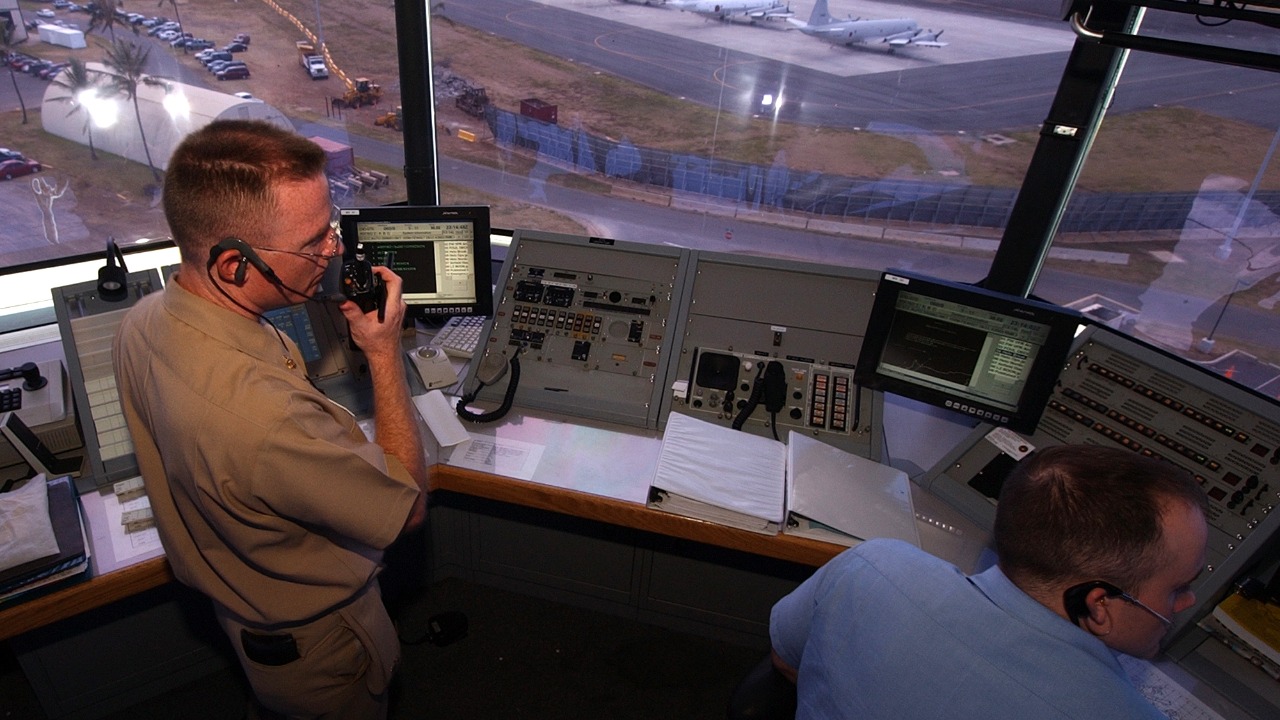
Air traffic controllers play a pivotal role in the aviation industry, ensuring the safe and efficient movement of aircraft in the skies and on the ground. According to the Allianz Risk Barometer 2025, air traffic controllers face several risks and challenges, including the increasing complexity of air traffic management and the need for advanced technological skills. Despite these challenges, the role remains crucial for maintaining safety in the aviation sector.
As the Allianz Risk Barometer 2025 highlights, the role of air traffic controllers is becoming more complex due to the increasing volume and diversity of air traffic. This includes the integration of unmanned aircraft systems, or drones, into the airspace. To manage these challenges, air traffic controllers are leveraging advanced technologies such as artificial intelligence and machine learning to predict traffic flow, detect potential conflicts, and suggest optimal flight paths. Furthermore, they are undergoing continuous training to keep up with the rapid technological advancements and regulatory changes in the aviation industry.
2. Aviation Event Organizer
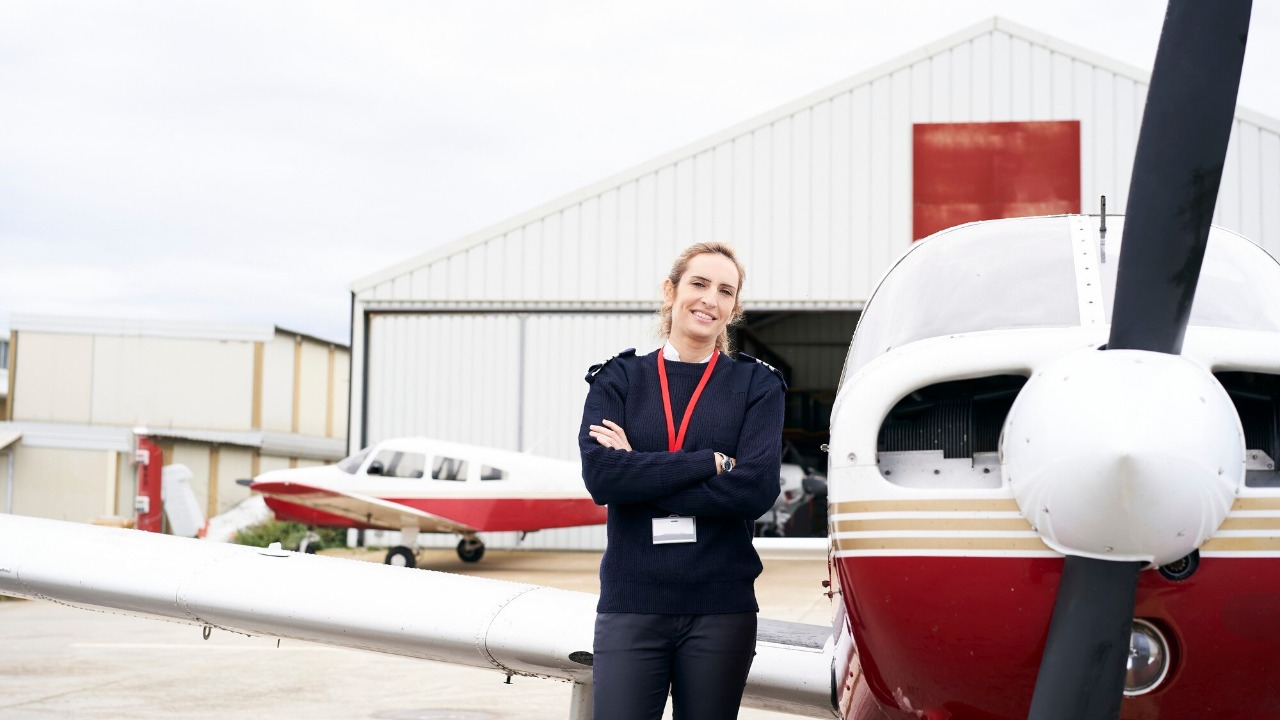
Aviation event organizers are responsible for planning and executing a variety of industry events. The 2025 aviation calendar is packed with key events, including airshows, conferences, and seminars, all requiring meticulous planning and coordination. This role offers a unique opportunity to engage with various stakeholders in the aviation industry and contribute to its vibrant community.
According to the 2025 aviation calendar, aviation event organizers are tasked with managing a wide range of events, from small-scale seminars to international airshows. These events serve various purposes, such as showcasing the latest aviation technologies, facilitating industry networking, and promoting aviation education and careers. To ensure the success of these events, organizers must coordinate with multiple stakeholders, including airlines, airports, regulatory bodies, and sponsors. They also need to stay updated on the latest trends and challenges in the aviation industry to create relevant and engaging event content.
3. Sustainability Consultant for Aviation
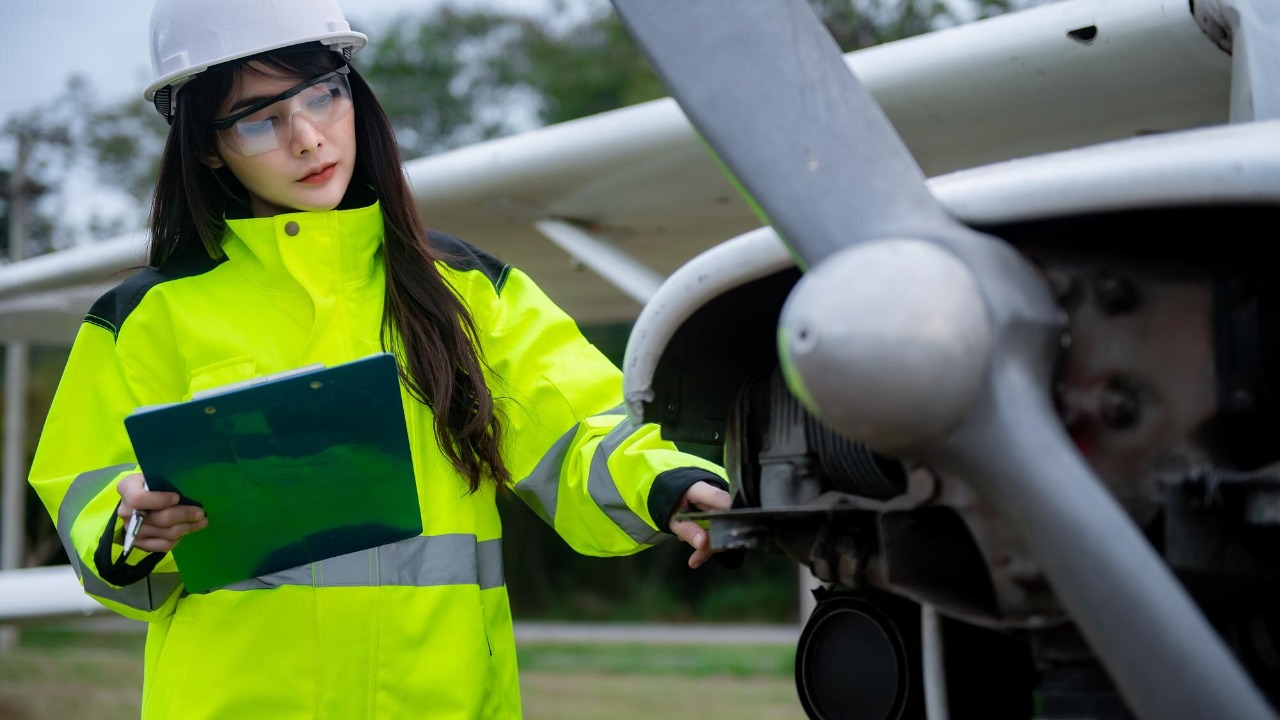
With sustainability becoming a key focus in 2025, the role of a sustainability consultant in the aviation sector has gained prominence. These professionals help airlines and other aviation businesses navigate the sustainability trends impacting the industry, such as carbon offsetting, renewable energy, and waste management. Their expertise is crucial in helping the aviation industry reduce its environmental footprint and achieve sustainability goals.
As the SP Global report indicates, sustainability consultants in the aviation sector are dealing with a variety of environmental challenges. One of the key issues is the reduction of greenhouse gas emissions, which requires the development and implementation of fuel-efficient technologies and alternative fuels. Sustainability consultants are also working on strategies to minimize noise pollution, manage waste, and conserve water in aviation operations. In addition, they are involved in the development of sustainable airport infrastructure, which includes the use of renewable energy sources and green building materials.
4. Aircraft Engineer
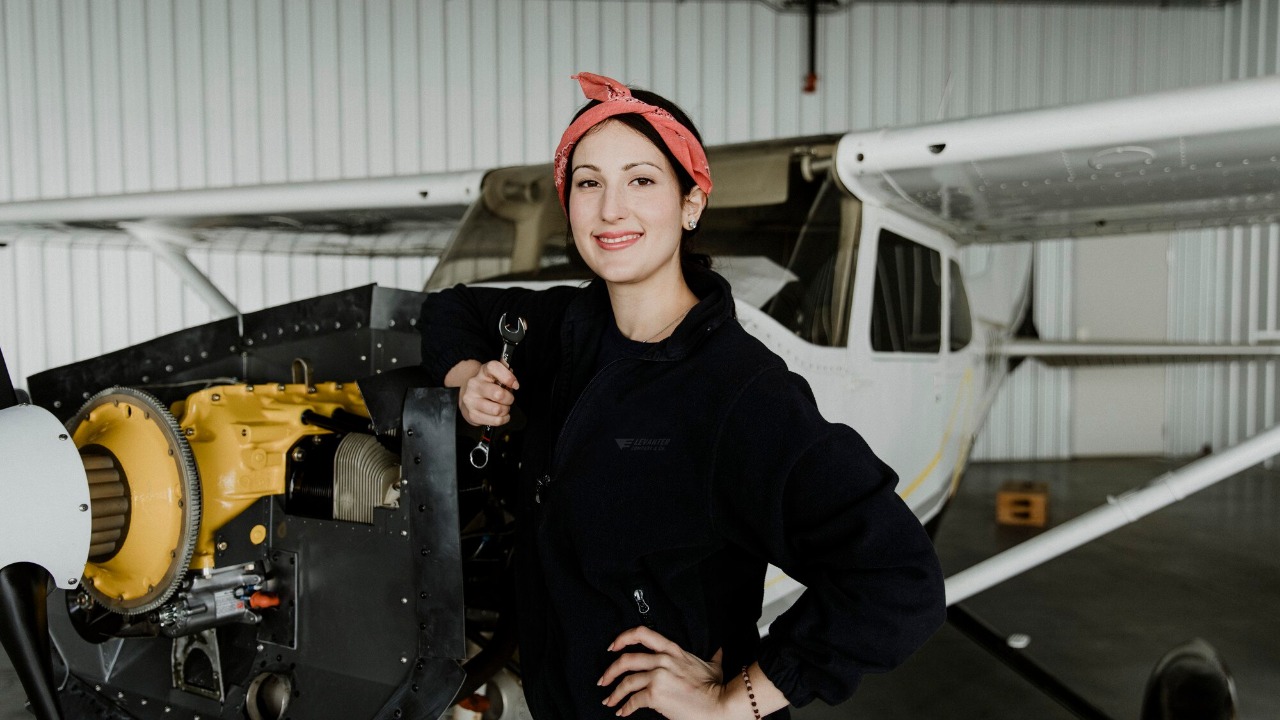
Aircraft engineers are in high demand, especially in South Africa, where it is one of the highest paying jobs in 2025, according to Techpoint Africa. These professionals are responsible for the design, development, and maintenance of aircraft, ensuring they are safe and efficient. With the aviation industry constantly evolving, aircraft engineers are at the forefront of technological advancements and innovation.
As per Techpoint Africa, aircraft engineers are not only responsible for the technical aspects of aircraft design and maintenance, but also for addressing the environmental and economic challenges facing the aviation industry. This includes the design of fuel-efficient engines and aerodynamic structures to reduce carbon emissions, as well as the development of cost-effective maintenance strategies to ensure the financial viability of airlines. Moreover, aircraft engineers are exploring the use of innovative materials and technologies, such as composites and additive manufacturing, to improve the performance and sustainability of aircraft.
5. Aviation Technology Specialist
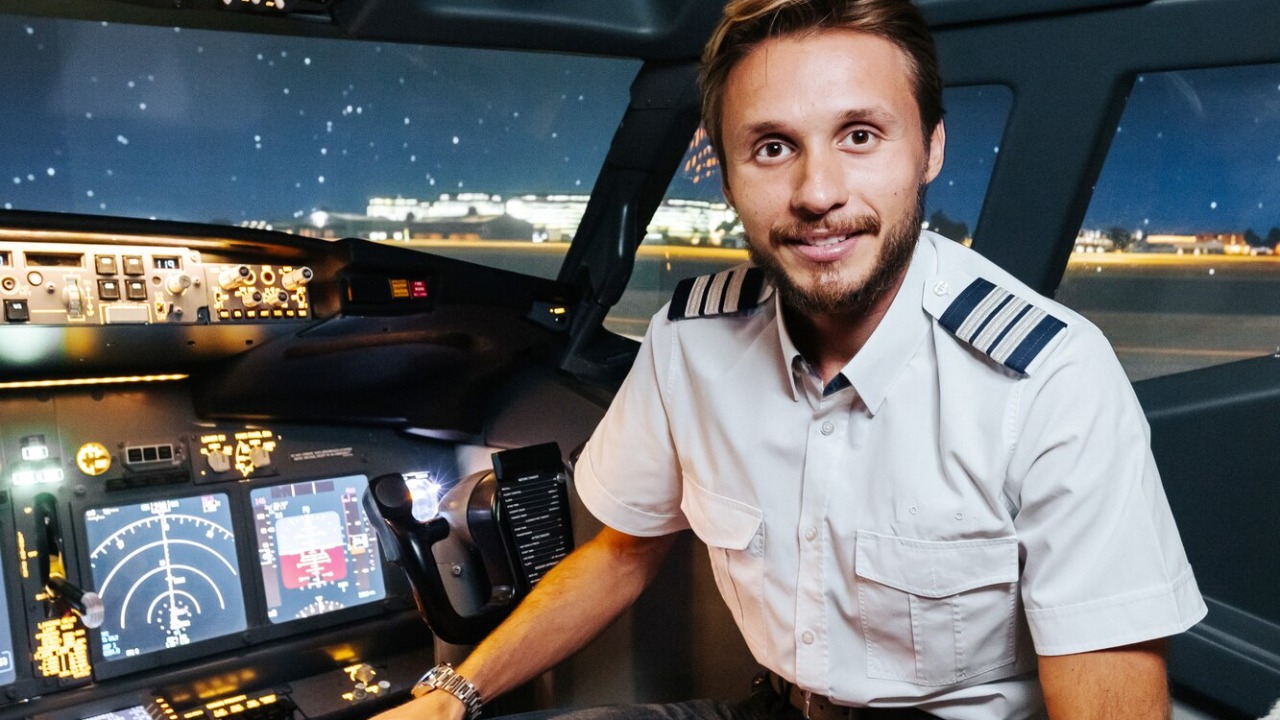
As technology continues to revolutionize the aviation industry, the role of an aviation technology specialist has become increasingly important. These professionals stay abreast of the top technology trends in 2025, such as artificial intelligence, machine learning, and data analytics, and apply them to improve various aspects of aviation, from flight operations to passenger experience.
According to Simplilearn, aviation technology specialists are driving the digital transformation of the aviation industry. They are implementing advanced technologies like artificial intelligence to optimize flight operations, enhance passenger experience, and improve safety. For instance, AI-powered predictive maintenance systems can detect potential equipment failures before they occur, reducing downtime and maintenance costs. Similarly, AI-based passenger service systems can provide personalized services and real-time information to enhance passenger satisfaction. Furthermore, aviation technology specialists are leveraging data analytics to gain insights into operational performance and customer behavior, enabling airlines to make informed decisions and develop effective strategies.
6. Pilot
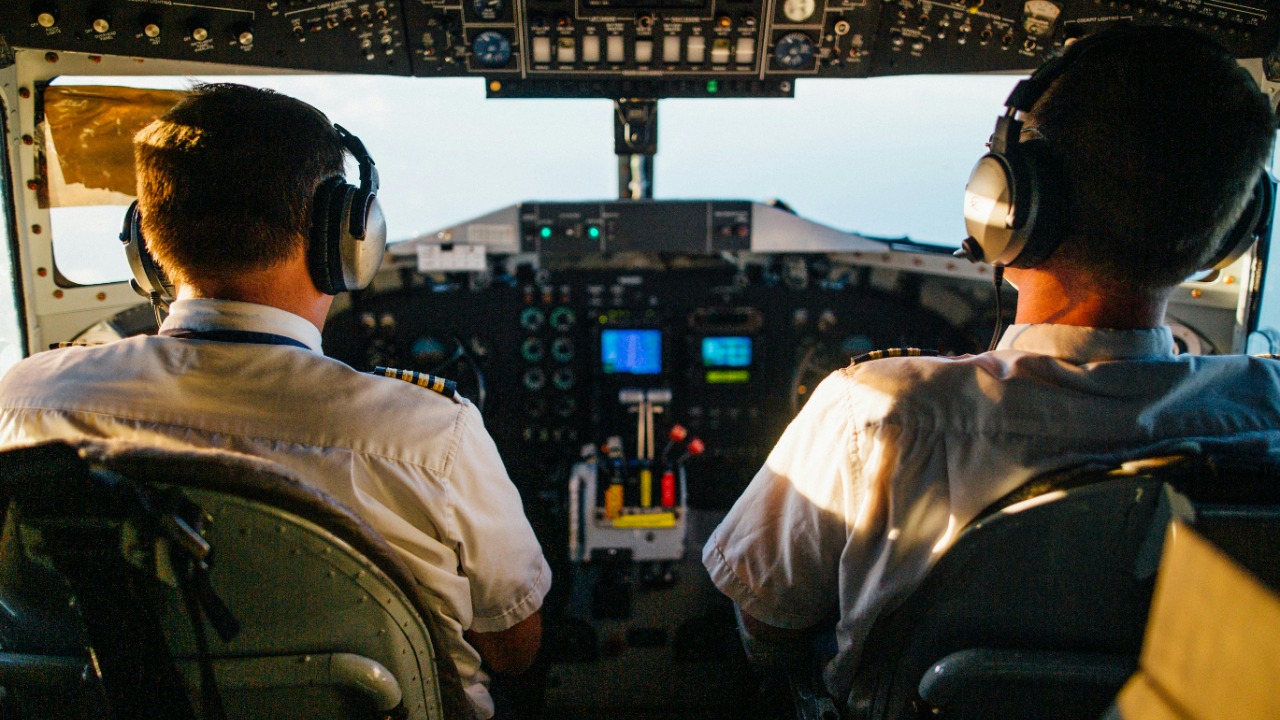
Pilots bear the significant responsibility of safely transporting passengers and cargo. However, they also face several risks in 2025, as outlined by the Allianz Risk Barometer. These include the increasing complexity of aircraft systems, the need for continuous training and skill development, and the mental and physical demands of the job. Despite these challenges, being a pilot remains a rewarding and respected career in the aviation industry.
As the Allianz Risk Barometer 2025 suggests, pilots are facing a range of challenges, from the increasing complexity of aircraft systems to the mental and physical demands of the job. To address these challenges, pilots are undergoing rigorous training programs that include simulator training, classroom instruction, and on-the-job training. They are also required to maintain their physical fitness and mental health to ensure their performance and safety. In addition, pilots are embracing technology to enhance their capabilities. For example, they are using augmented reality for navigation and training, and digital tools for flight planning and performance monitoring.
7. Aerospace Project Manager
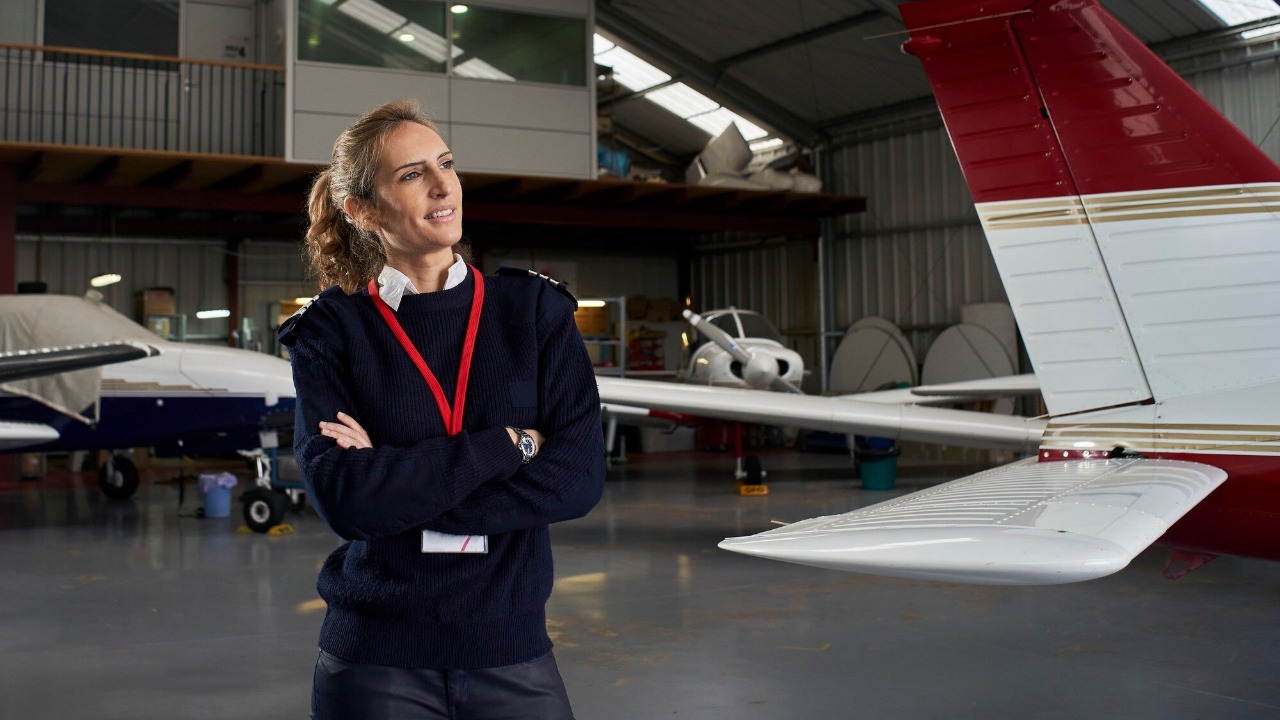
Aerospace project managers oversee the successful execution of various aviation projects, from aircraft manufacturing to infrastructure development. They play a key role in the organization and execution of events on the 2025 aviation calendar, ensuring that objectives are met on time and within budget. This role requires strong leadership, strategic planning, and problem-solving skills.
As per the 2025 aviation calendar, aerospace project managers are involved in a variety of projects, from the development of new aircraft models to the construction of airport facilities. These projects require the coordination of multidisciplinary teams, including engineers, technicians, and business professionals. Aerospace project managers are responsible for defining project objectives, developing project plans, allocating resources, and monitoring project progress. They also need to manage risks and resolve issues to ensure the successful completion of projects. Furthermore, they play a crucial role in the strategic planning and decision-making processes of aviation organizations.
8. Aircraft Maintenance Technician
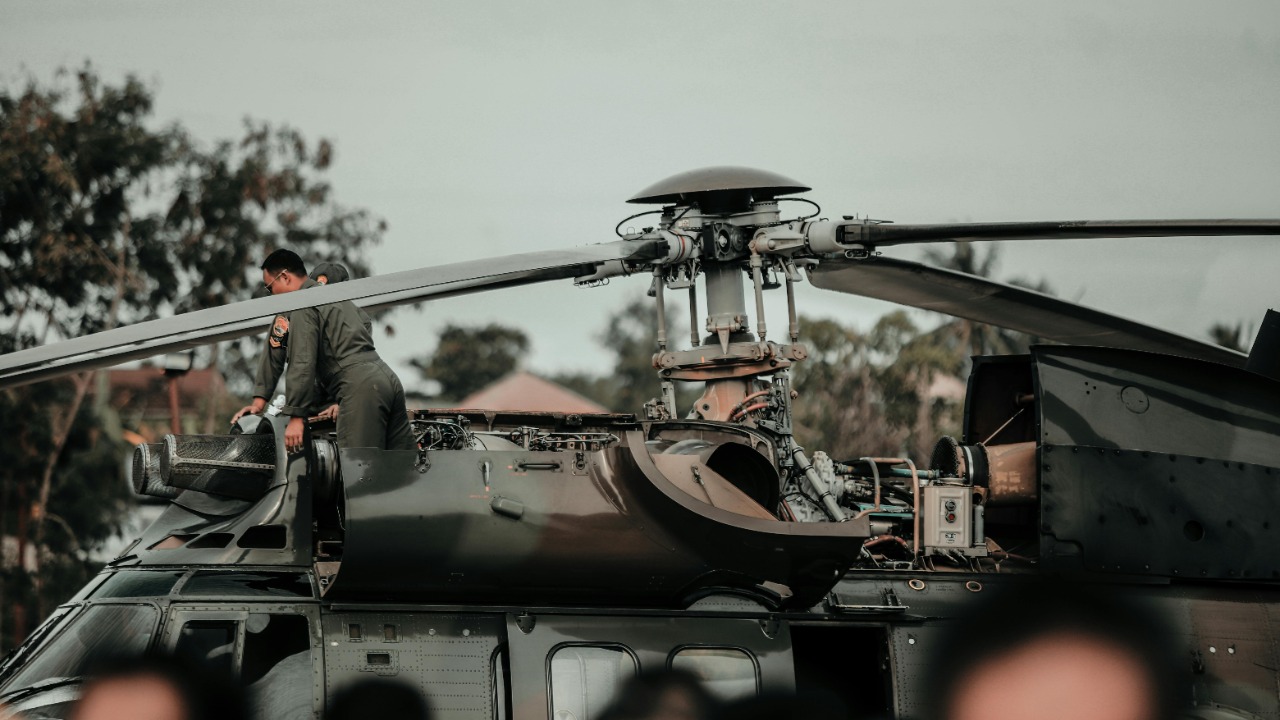
Aircraft maintenance technicians ensure that aircraft are safe and ready for flight. According to the Allianz Risk Barometer 2025, these professionals face several risks, including the increasing complexity of aircraft systems and the need for advanced technological skills. Despite these challenges, their role is crucial in maintaining the safety and reliability of aircraft.
According to the Allianz Risk Barometer 2025, aircraft maintenance technicians are dealing with the increasing complexity of aircraft systems, which requires a high level of technical knowledge and skills. They are responsible for the inspection, repair, and overhaul of various aircraft components, including engines, avionics systems, and structural elements. They also perform routine checks to ensure the compliance of aircraft with safety regulations. To keep up with the technological advancements in the aviation industry, aircraft maintenance technicians are undergoing continuous training and certification programs. They are also using advanced tools and technologies, such as diagnostic software and non-destructive testing equipment, to enhance their efficiency and accuracy.
9. Flight Instructor
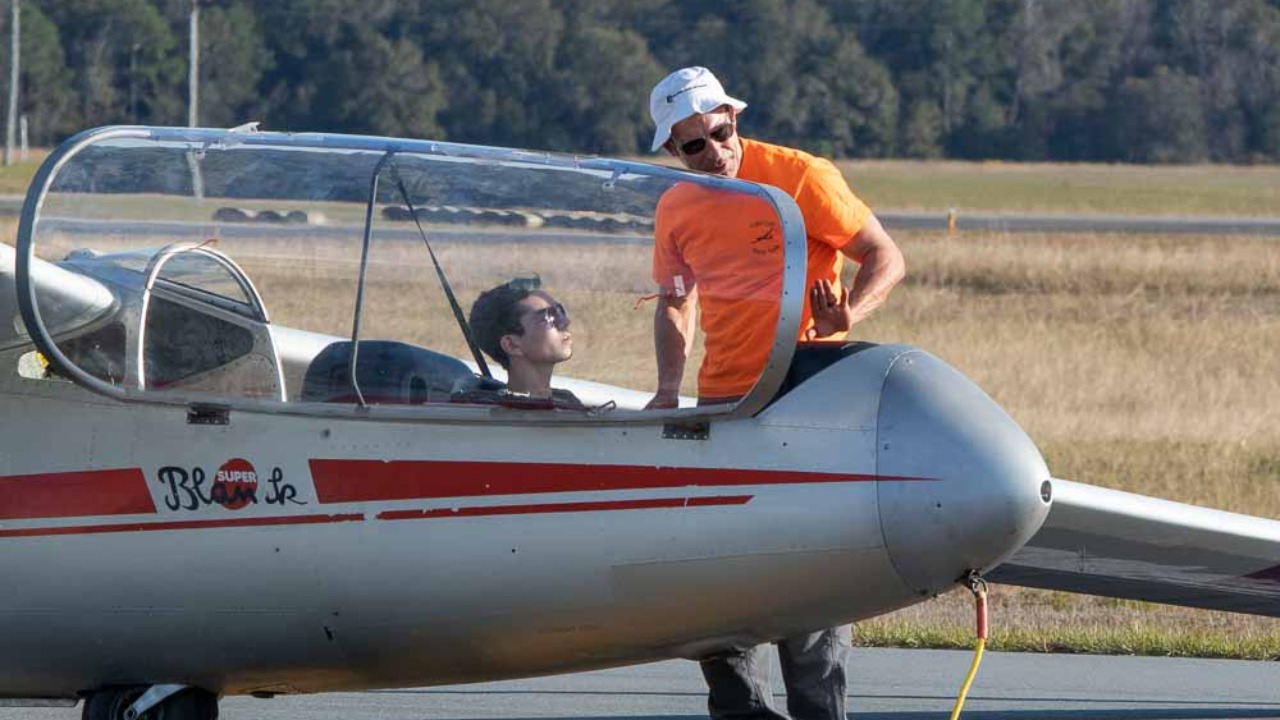
Flight instructors play a crucial role in training the next generation of pilots. They provide practical and theoretical training, helping students develop the skills and knowledge required to fly safely. Flight instructors also play a role in key events on the 2025 aviation calendar, such as training seminars and workshops, contributing to the continuous learning and development of the aviation community.
As indicated by the 2025 aviation calendar, flight instructors are not only teaching the technical skills needed to operate aircraft, but also instilling the values of safety, professionalism, and ethics in their students. They are using a variety of teaching methods, including classroom instruction, simulator training, and flight training, to provide a comprehensive learning experience. Flight instructors are also responsible for evaluating the performance of students and providing feedback to help them improve. In addition, they are contributing to the development of aviation education by participating in curriculum design, research, and policy-making.
10. Airline Operations Manager

Airline operations managers oversee the day-to-day operations of an airline, ensuring that flights run smoothly and efficiently. In 2025, they also need to consider the impact of sustainability trends on their operations, such as fuel efficiency and waste management. This role requires a strategic mindset, strong leadership skills, and a deep understanding of the aviation industry.
As per the SP Global report, airline operations managers are playing a key role in the transition towards sustainable aviation. They are implementing strategies to reduce the environmental impact of airline operations, such as improving fuel efficiency, reducing waste, and promoting recycling. They are also responsible for ensuring the compliance of airlines with environmental regulations and sustainability standards. Furthermore, airline operations managers are dealing with operational challenges, such as managing flight schedules, coordinating ground services, and handling disruptions. They are using technology and data analytics to optimize operations and improve customer service.